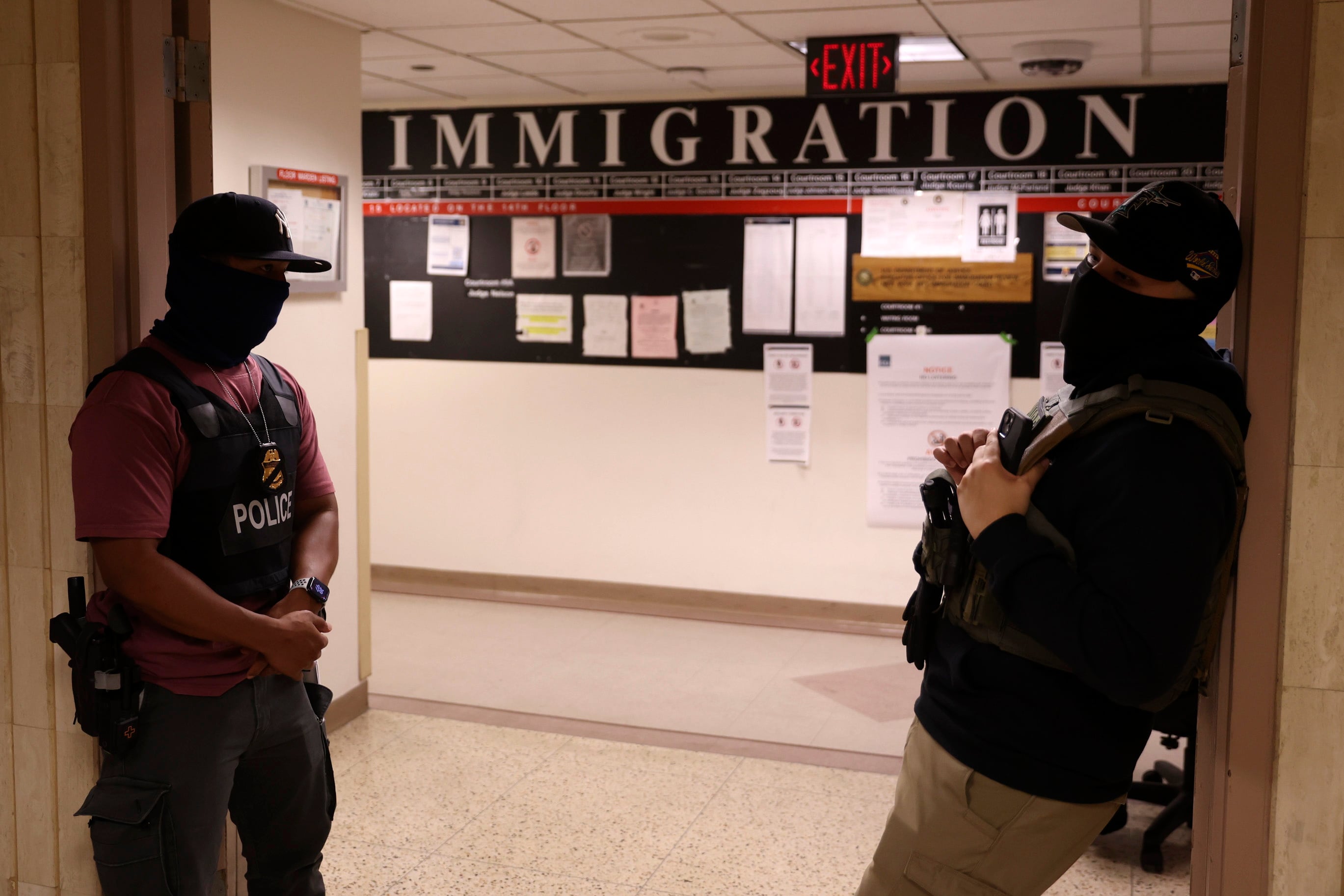Trump's Latin America Policy: Turning Back the Clock and Benefiting China?
Critics have long accused the U.S. of neglecting Latin America, allowing China to gain influence. While President Trump hasn't ignored the region, his policies, including tariffs, visa cancellations, and perceived disregard for human rights, are drawing criticism and potentially opening doors for China.
China's Expanding Influence in Latin America
China has seized on what it perceives as an opportunity created by Washington's actions, increasing its efforts to engage with governments in the region. This has transformed Latin America into a key arena in the growing geopolitical competition between the United States and China.
China's approach contrasts sharply with that of the U.S.. While some Latin American countries are heavily indebted to China due to massive infrastructure loans, many view China favorably as a major trade partner, financier, and builder contributing to economic development.
Trump's Approach: Ideology, Personal Relationships, and "America First"
The Trump administration has shifted $1.8 billion in foreign aid under the "America First" banner, reportedly aiming to counter "Marxist, anti-American regimes" in Latin America. However, Trump's strategic goals are sometimes obscured by ideology and personal relationships.
Beijing's engagement is widespread. In May, President Xi Jinping hosted Latin American delegates at the China-CELAC forum, unveiling plans for infrastructure development, trade expansion, cultural exchanges, and security collaboration. CELAC excludes the U.S. and Canada, highlighting China's growing regional presence.
Unlike pre-Trump U.S. policy, Beijing shows little concern for corruption, human rights, or environmental impact in its projects. Trump's policy, however, appears driven by ideology and personal connections. He has displayed animosity toward leftist governments and leaders who criticize him.
Hyper-Personalization and Domestic Politics
The campaign against "Marxist" governments is reminiscent of the Cold War era, departing from post-Cold War efforts to promote democracy and fight corruption. The U.S. is now pursuing a personalized campaign against governments and leaders not aligned with Trump, shaped by domestic concerns about migration and drug trafficking.
Early in his administration, Trump accused China of "operating the Panama Canal" and suggested the U.S. should reclaim it. Panama denied the accusation, but terminated contracts with a Hong Kong-based company managing ports on the waterway.
Case Studies: El Salvador, Argentina, Brazil, Venezuela, and Colombia
Trump has cultivated close ties with El Salvador's President Nayib Bukele, deporting migrants to Bukele's mega-prison. He also supports Argentina's President Javier Milei, whose austerity measures initially boosted his popularity. However, a recent corruption scandal has caused economic instability, prompting Trump to reportedly offer a $20 billion bailout.
Personal relationships also influence Trump's policies toward Brazil. After former President Jair Bolsonaro was found guilty of attempting a coup, Trump criticized Brazil's courts and imposed tariffs. Regarding Venezuela, Trump has deployed a military presence in the Caribbean and bombed Venezuelan boats, claiming without evidence they were drug traffickers.
Relations with Colombia's President Gustavo Petro have soured over the treatment of deported Colombian nationals and drug trafficking issues. The U.S. recently canceled Petro's visa after he urged American soldiers to disobey Trump.
Visa Cancellations and Growing Concerns
Several prominent figures, including Nobel laureate Oscar Arias, have had their visas canceled. Many believe this is a result of criticizing Trump's policies.
While renewed U.S. focus on Latin America and countering China's influence are generally seen as positive, Trump's approach, marked by hyper-personalization and disregard for democratic norms, risks alienating the region and ultimately benefiting China. This approach echoes past U.S. support for dictatorships during the Cold War.
By risking the creation of more enemies than friends, Trump's policies in the region may inadvertently benefit China.
 Visit the website
Visit the website






